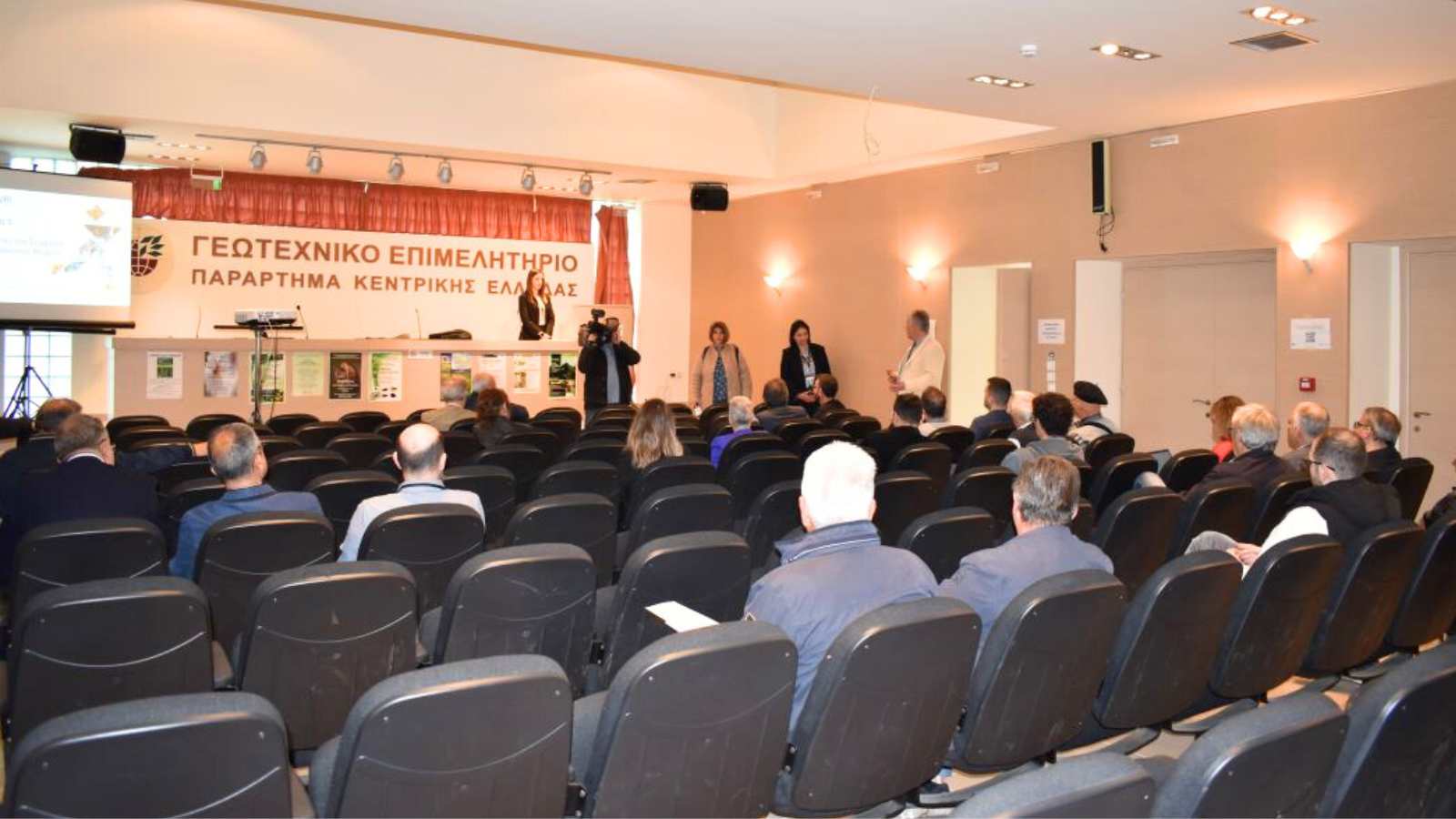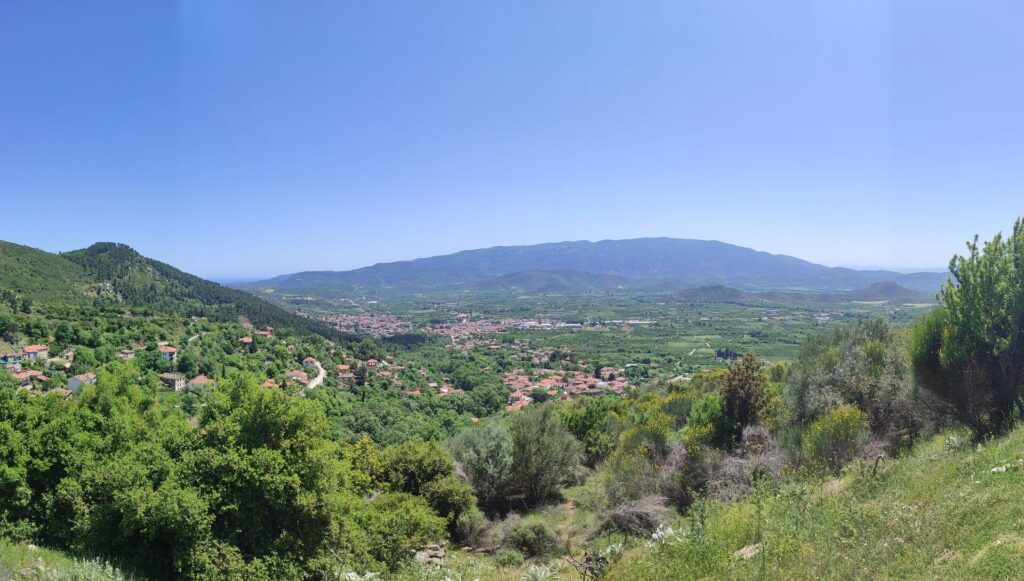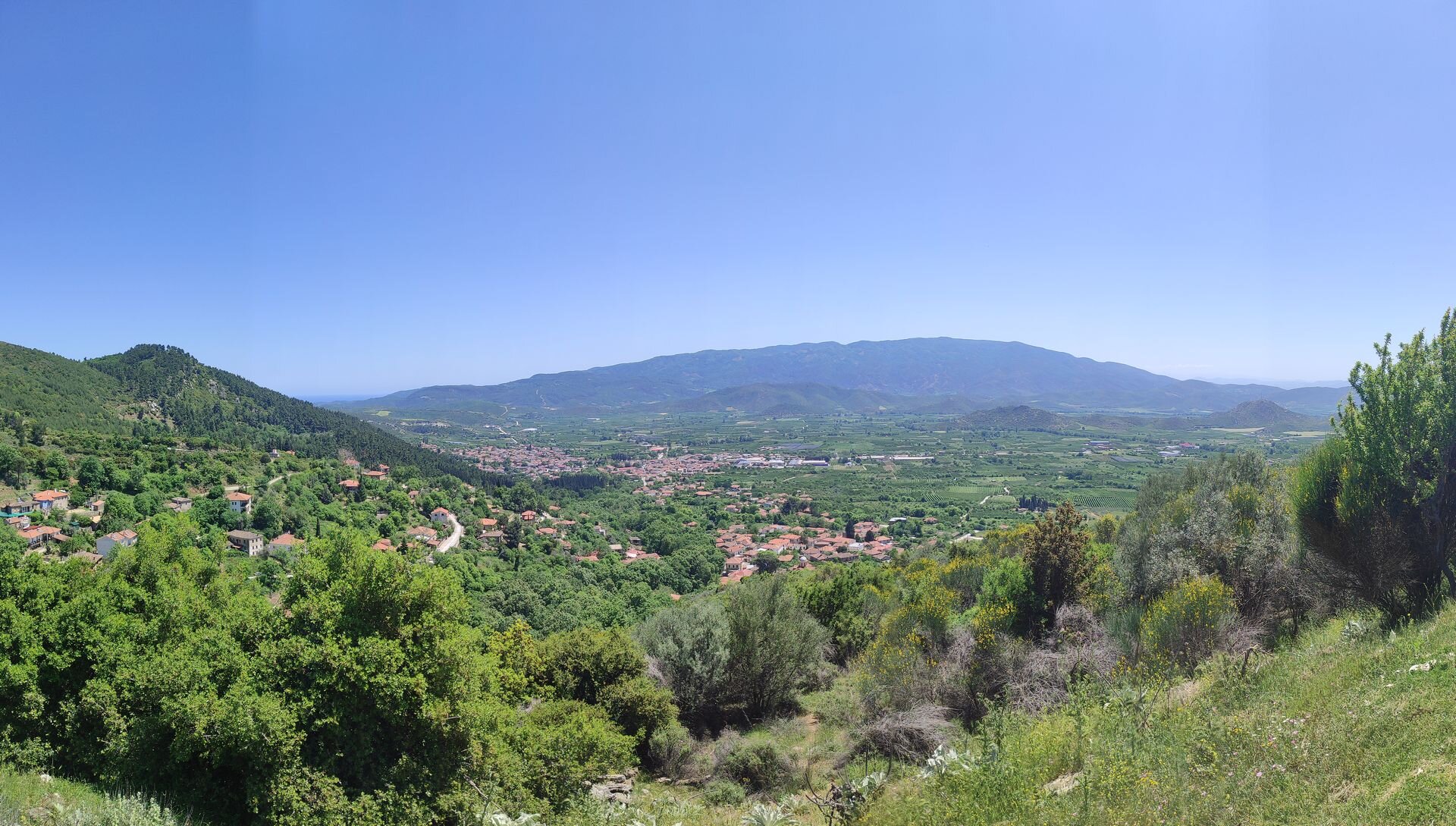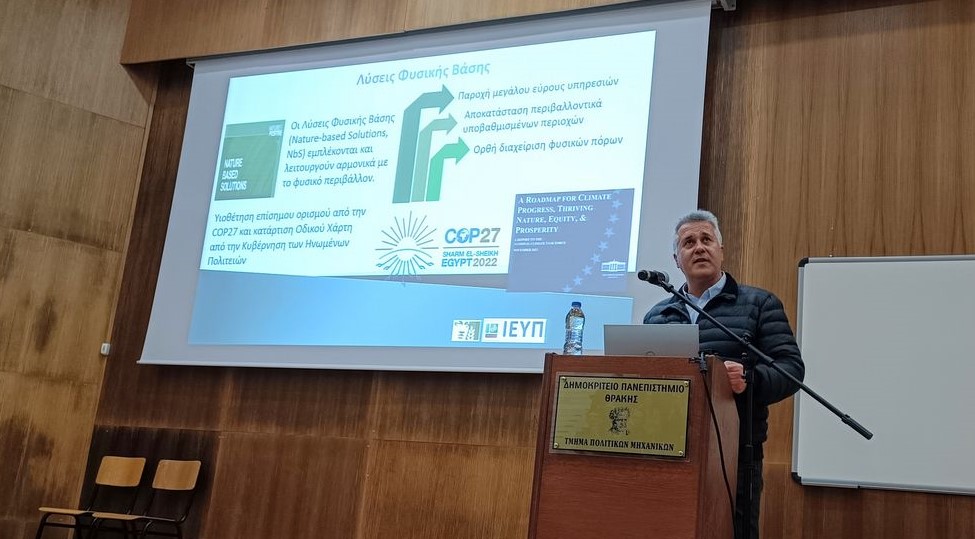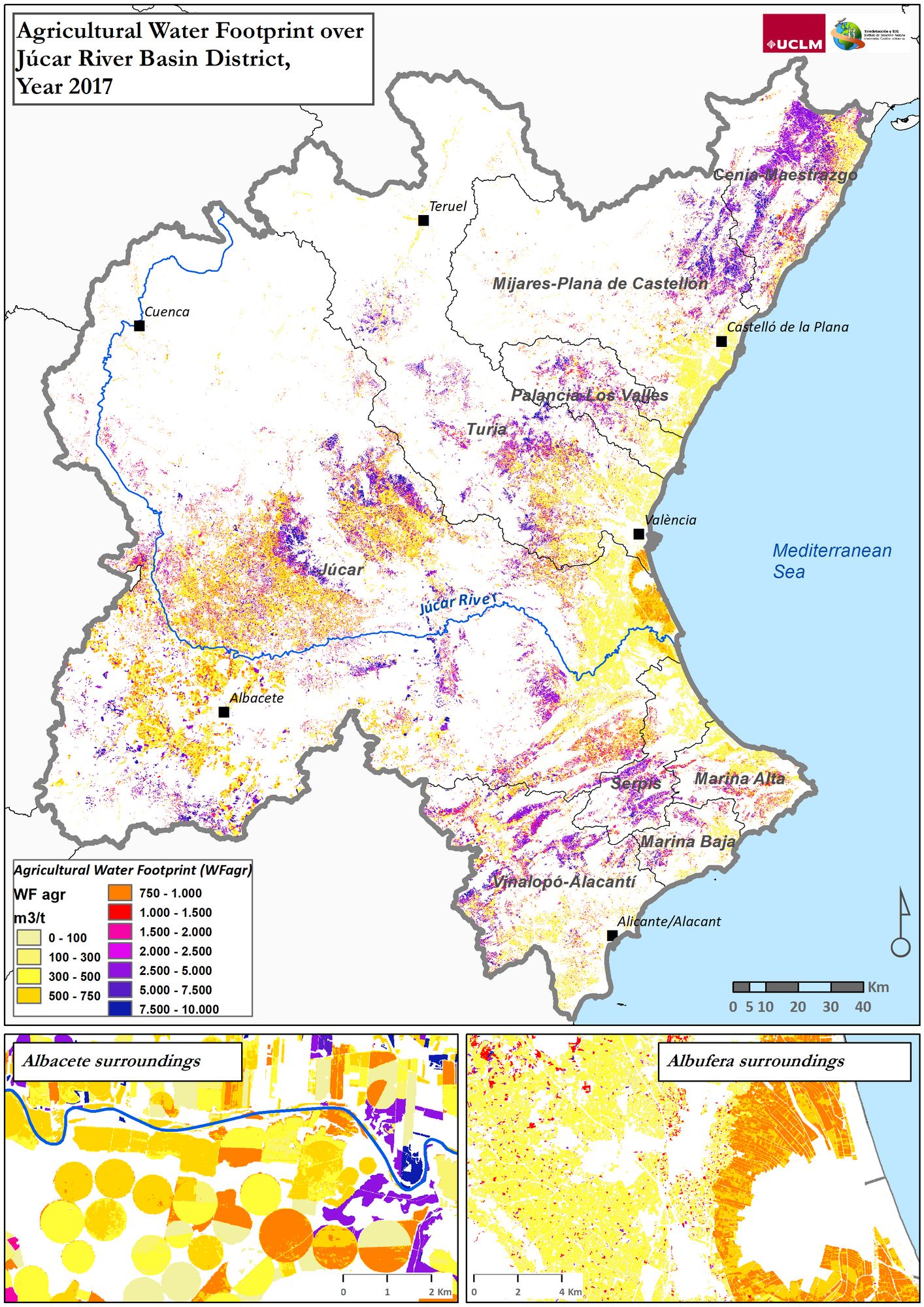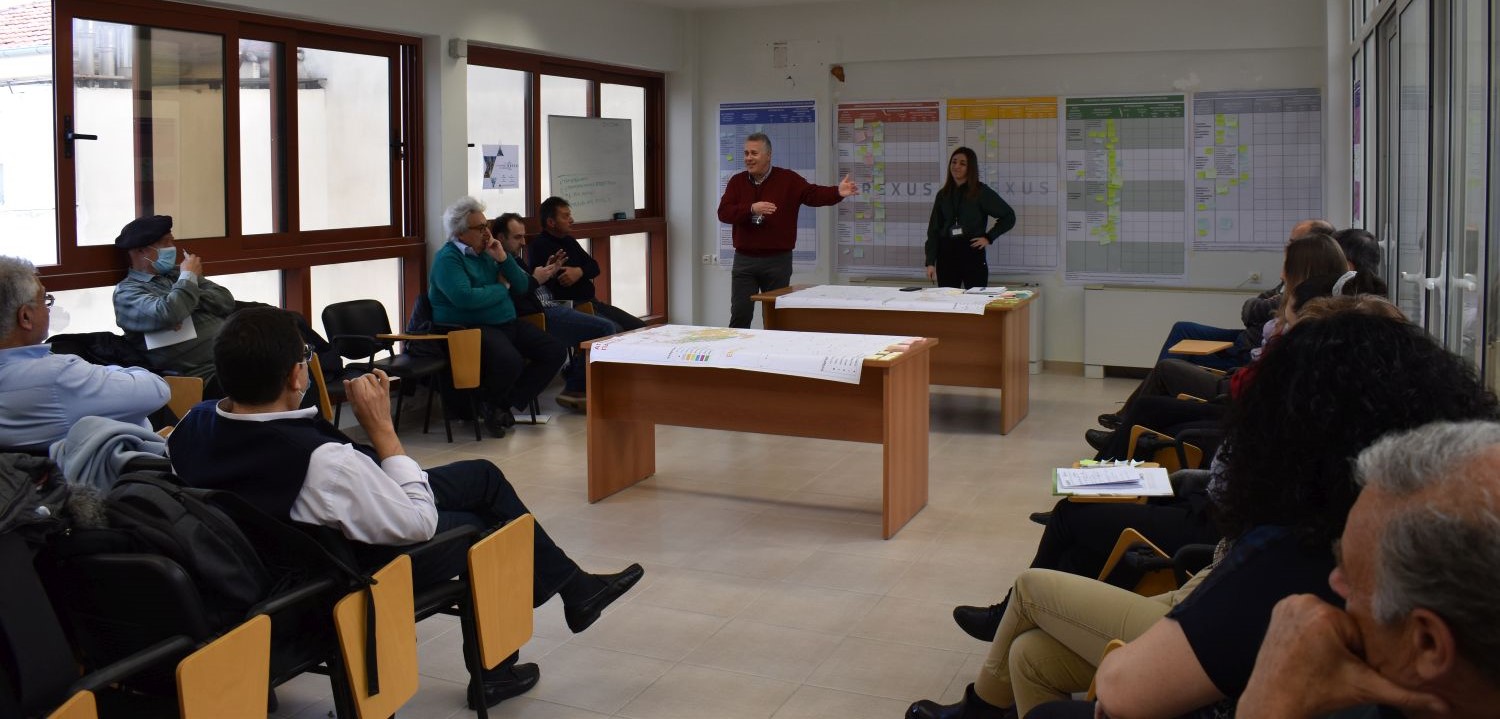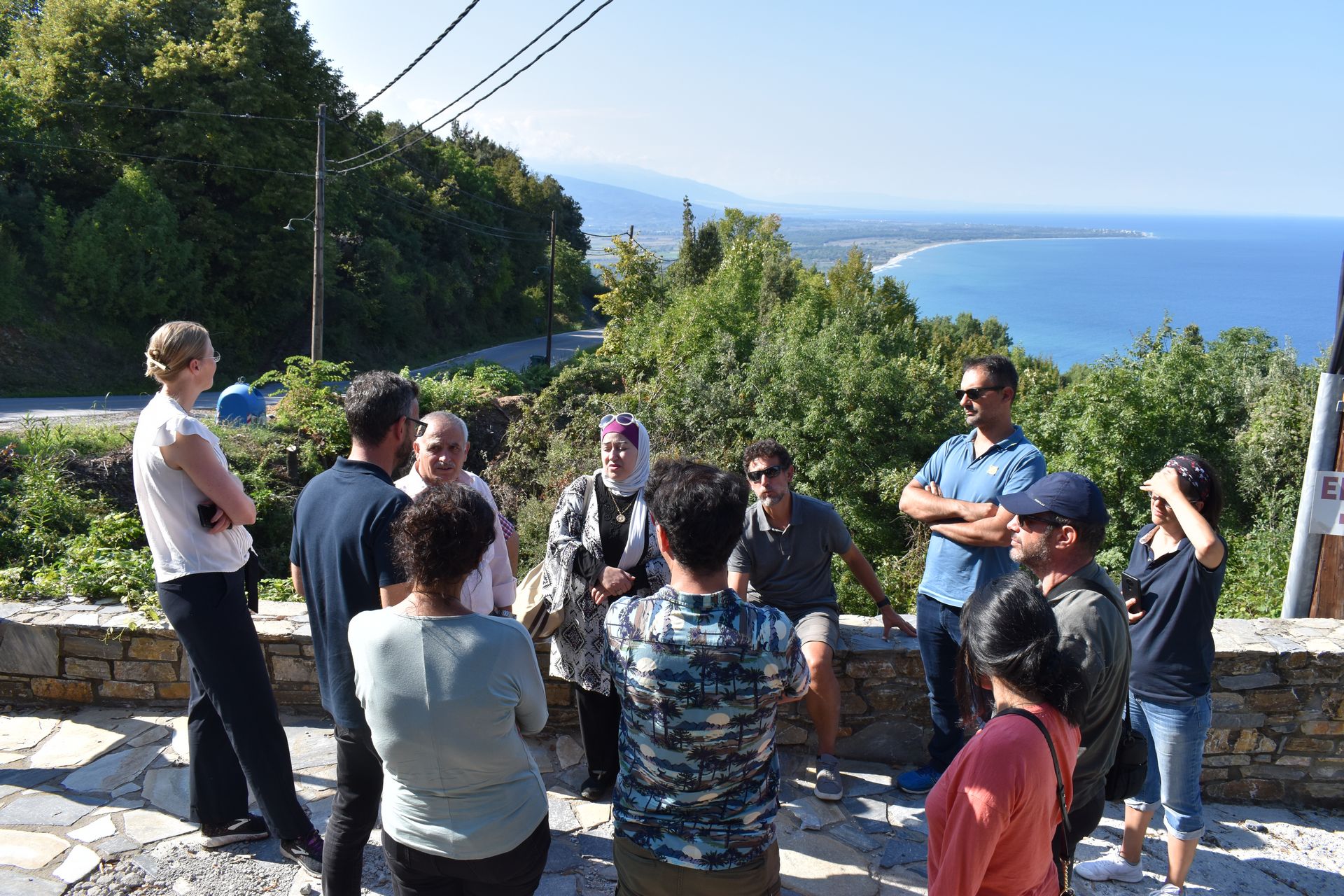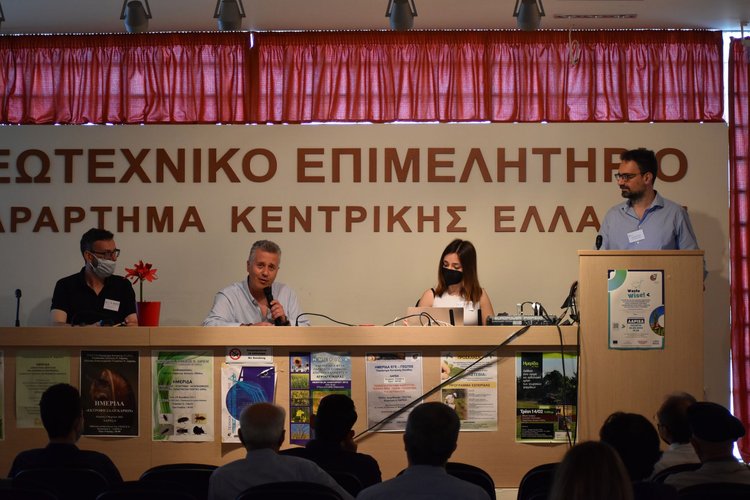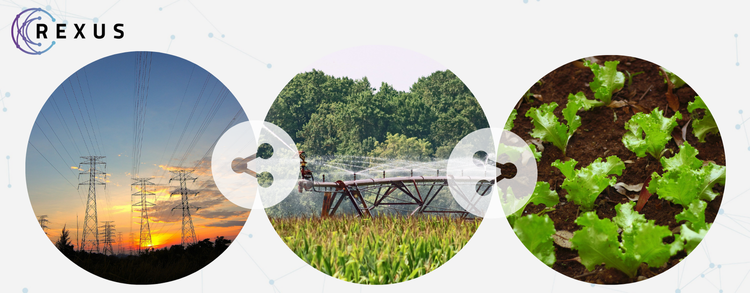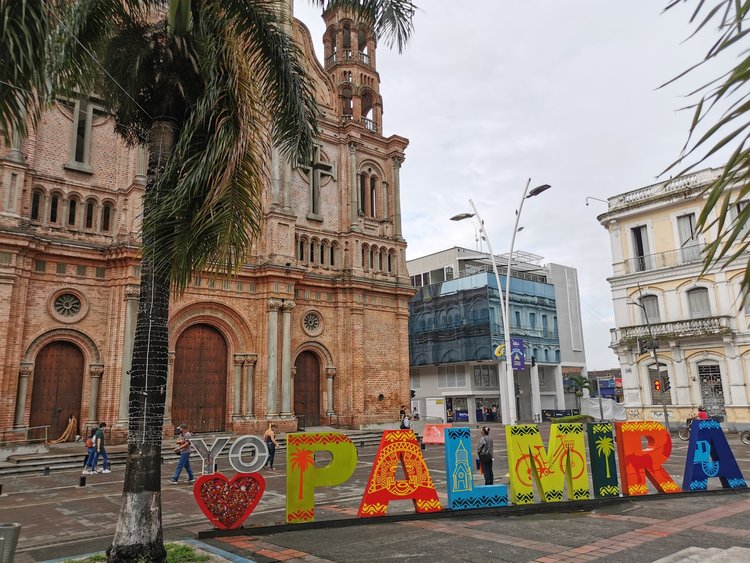Pinios River basin pilot
The Pinios River Basin (PRB) is one of the most productive basins in Greece in terms of agricultural production, with a significant impact at the regional and national levels. The absence of efficient water resources management manifests in high water consumption and overexploitation of groundwater.
- Located in central Greece with a spatial extent of ca 11,000 km2.
- Main productive land use is agriculture.
- Population of about 700,000 people.
- 90% of total water consumption for irrigation
- Mean annual precipitation : 400 mm at the central plain part to more than 1850 mm at the western mountainous part
- Groundwater over-abstractions for irrigation. Surface water also used for irrigation without efficient control, causing possible problems in environmental flow maintenance.
- High energy consumption for groundwater pumping due to deep groundwater level.
- Agriculture competing with tourism along the coastline.
- Droughts significantly affecting water availability.
- Solar power parks tend to substitute agricultural land.
- Hydroelectric power production is also developing.
- Municipalities – in charge of domestic water management in the pilot areas, and also contributing to irrigation water management since they operate some public groundwater wells and irrigation networks.
- Local Irrigation Water Management Organizations: Several such organizations responsible for managing the public irrigation water supply facilities.
- Directorate for Water, Prefecture of Thessaly: The authority responsible for water management at the Water District level.
- Secretariat General for Natural Environment and Water, Ministry of Energy: The authority responsible for water management in the national level.
- Directorate for Land Reclamation and Soil & Water Resources, Ministry of Rural Development and Food: The authority responsible for the design and implementation of irrigation and land reclamation works in national level.
- Farmers Cooperatives and individual Farmers: The end-users of irrigation water, actively involved in water resources management since many operate their private groundwater wells.
- Provide a rationalized and integrated framework of water resources management along with concrete policy recommendations.
- Resolve conflicts and address irrational water use issues.
- Increase the potential for adaptation and mitigation of agriculture to climate change.
- Effective engagement of stakeholders in integrated water resources management.
Pinios pilot News
